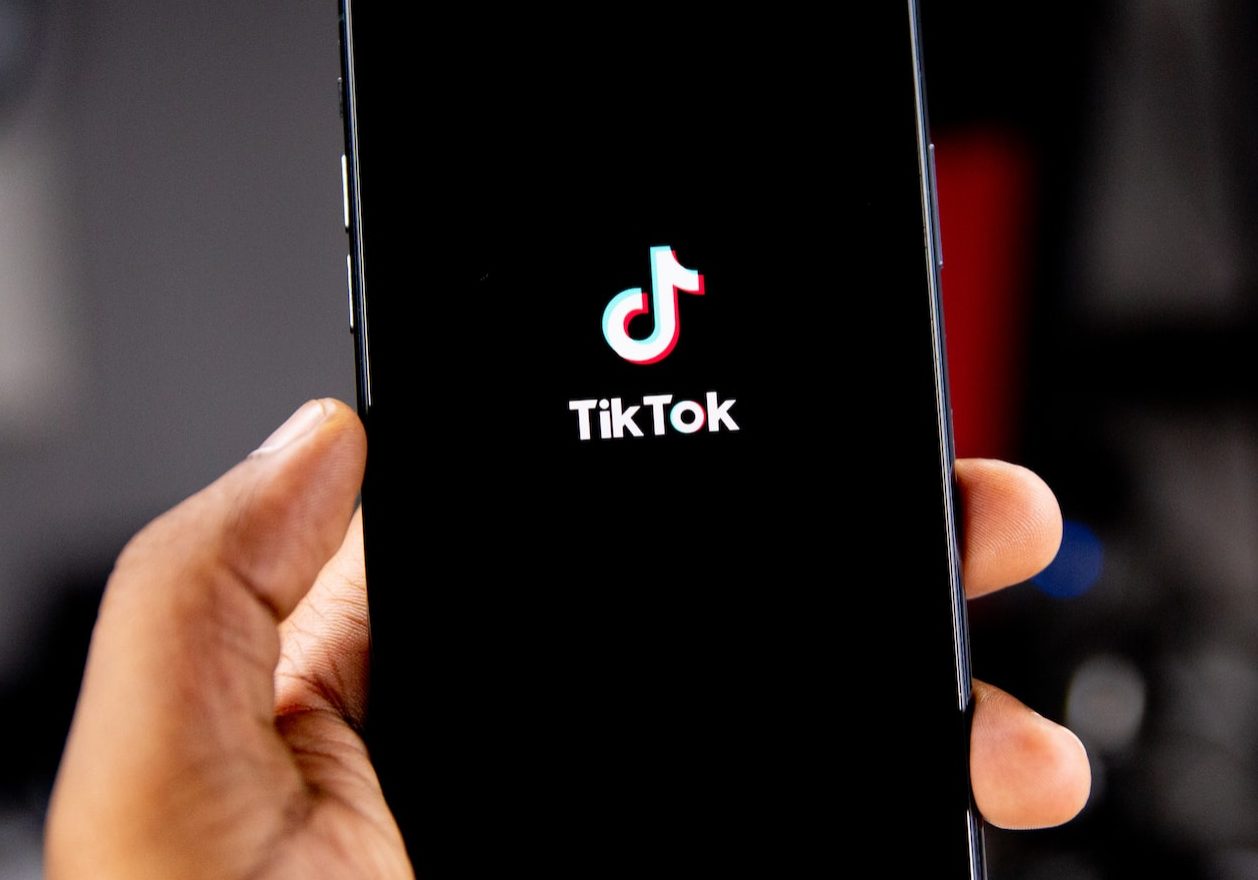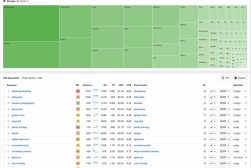
TikTok Admits to Spying on Journalists, What it means for Photographers
News | December 29, 2022
TikTok has admitted that a number of its employees had specifically targeted certain journalists and others for snooping into their personal user data.
The rising social media giant TikTok has seen its popularity skyrocket as it steadily displaces other major social sites like Facebook and Instagram among certain demographics.
The app and website that lets people post brief videos, photo slideshows and images of themselves or their creations has become especially popular among younger people aged just 10 to 19, who make up for roughly 47.4% of its users.
However, it’s now also gaining ground among older generations and especially in the west, though the app has its origins in China and is indeed owned by a Chinese company called ByteDance, headquartered in Beijing.
These two latter factors have already been the cause of major “controversy” among leading U.S. and other politicians, who have increasingly shown scorn for the possible influence of such a huge social app from a country with a stormy relationship with the West.
The surveillance admission then came along to make the controversy explode much further: TikTok itself released a rather “damning” internal report that revealed cases of employees using user data to spy on U.S journalists. As the NY Times covered, the surveillance also targeted “a small number of other U.S. users”.
Last week, ByteDance revealed via its report that its own internal investigation had found evidence of four TikTok employees scooping up data from two accounts with the social media site that belong to American journalists.
This activity, according to the company, is absolutely forbidden by its internal policies.
That of course hasn’t been a very helpful admission. This latest factor has ramped up the strength of calls by many political and regulatory figures in the U.S. for a complete ban on TikTok.
The calls for the ban also gain more weight as the extremely heated and globally important U.S. 2024 presidential election cycle ramps up.
Many media and political figures in the U.S. are remembering the allegations of Russian interference in the 2016 election in which Donald Trump won the presidency, and they fear a repeat on a different scale but with new social media technology.
So far, one of the most vocal critics of the social platform, Missouri Senator Josh Hawley has managed to successfully push for Senate passage of a bill that will ban TikTok on all mobile devices belonging to the U.S government and used by its employees.
This is why Congress must BAN TikTok on all federal devices now – “ByteDance, the China-based parent company of TikTok, said on Thursday …employees had inappropriately obtained the data of U.S. TikTok users, including two reporters.” https://t.co/i0xENhPr1n
— Josh Hawley (@HawleyMO) December 22, 2022
State bans of the app on government devices are also already the case in several U.S states, including North Dakota, Nebraska, Montana, Texas, Louisiana, Oklahoma, South Dakota, South Carolina, New Hampshire, Utah, West Virginia, Virginia, Georgia, Idaho, Iowa, Tennessee, Alabama and Maryland, where many federal employees who work in Washington DC live.
TikTok’s own report doesn’t make mention of how the data scooped on these journalists was used by the company’s employees.
Apparently, it was mostly a case of ByteDance employees working to find internal leakers within the company itself and hoping to examine the user data and IP traces of the journos in question to see if they’d been close to members of ByteDance staff.
In other words, perhaps not quite a case of reports being printed and handed off directly to the leadership of the CCP.
ByteDance itself has claimed to have fired everyone involved in the case for their breaches of internal policies.
The much more interesting about the report is how U.S politicians have picked up on it to push harder on their wider argument that TikTok as a whole massively spies for the Chinese government through all the user information and user submissions it gains through the wide popularity of TikTok in the U.S.
As Republican senator Ted Cruz mentioned in a recent tweet, “Every time TikTok gets asked questions about their ties to the CCP, they desperately dodge. Now it’s clear they’re spying on users. This is staggeringly concerning.”
Every time TikTok gets asked questions about their ties to the CCP, they desperately dodge. Now it’s clear they’re spying on users. This is staggeringly concerning. https://t.co/cfeNcU0SBh
— Ted Cruz (@tedcruz) August 19, 2022
Whether this is true or not, TikTok and its parent company have been caught in a major previous lie by their recent omission.
In 2019, when the social platform began to gain major ground among U.S. users, it was repeatedly accused by media outlets and politicians of collusion with the Chinese government and possible data snooping.
The company’s U.S. development team then broadly claimed that these were false and that the company’s data security practices keep U.S. user data inside U.S.-based servers, locked away from ByteDance HQ in Beijing.
The most recent internal revelation shows that this isn’t true, given that two of these employees were working in China. Despite this, they were able to pick up on the supposedly U.S-locked and “private” information of the journalists in question, and thus must have had access.
There have also been other reports about TikTok cooperating with propaganda projects under the coordination of the Chinese government.
The company has denied these, but in a curious coincidence, the journalist who originally made those propaganda claims is named Emily Baker-White, none other than one of the two journalists who recently had their data snooped by ByteDance employees.
The bottom line behind the furor over the snooping revelations is that they’re a specific example of something much broader and very obvious: TikTok obviously has access to vast troves of user data of all types, on all kinds of users anywhere in the world.
As the implicit admission above of that data being accessible in China shows, it could also presumably be accessible to agents of the Chinese government.
That major technology companies in China regularly and sometimes even voluntarily share data and coordinate with the government of their country is hardly a surprise or a secret.
In other words, while the admission of this isolated snooping incident by two supposedly rogue employees was quickly and apologetically explained away by ByteDance, it’s almost certainly just a minor blip of a much larger pattern of content and user surveillance by the company.
TikTok’s data collection on people almost certainly doesn’t cover just “a small number of other U.S. users.”
Most of this data involves general user activity metrics, and the vast majority of it is likely viewed only by algorithms, but it’s stored somewhere, and accessible to human eyes.
ByteDance is doing this for monetary reasons of its own, and possibly at least, in cooperation with the government to whose laws it’s beholden.
How can this be so likely? Well, because every single major social media company does exactly the same thing, and that’s an even deeper underlying point.
Google, Meta and its properties, Twitter and all manner of other major social websites from and in the U.S. also conduct the same vast data collection on their own users. It’s widely known that they also often share it with their own government.
Why would ByteDance/TikTok be any different? The U.S. politicians trying to make waves about this specific TikTok scandal ignore that detail as part of their narrative, but it’s worth mentioning.
On a more specific level, any photographer, video creator or creator of any kind who worries about their privacy online should be aware that any of their activity on social media of any kind, and from any country, will be subject to collection and algorithmic scrutiny.
This scrutiny is just a basic part of how these systems operate for their own corporate monetization reasons if nothing else.
The data is there for viewing by others though. And in the case of photographers or videographers working on sensitive projects in dangerous situations with political implications, social media of any kind becomes both a blessing and a dangerous landscape.

Check out these 8 essential tools to help you succeed as a professional photographer.
Includes limited-time discounts.












